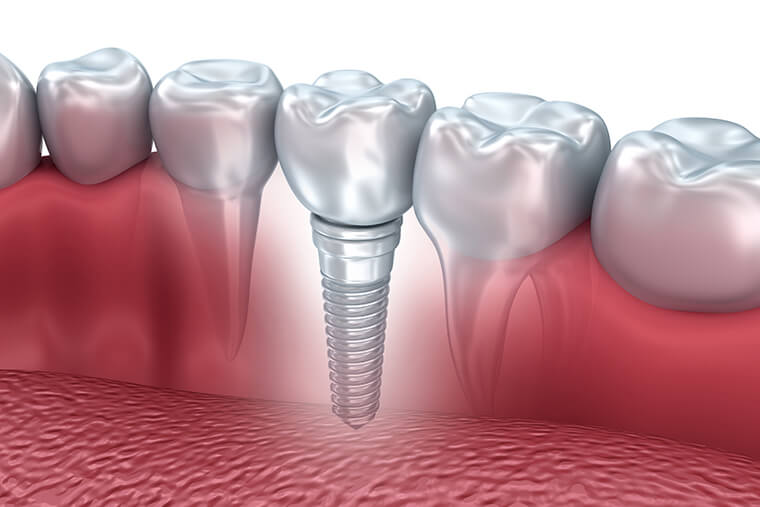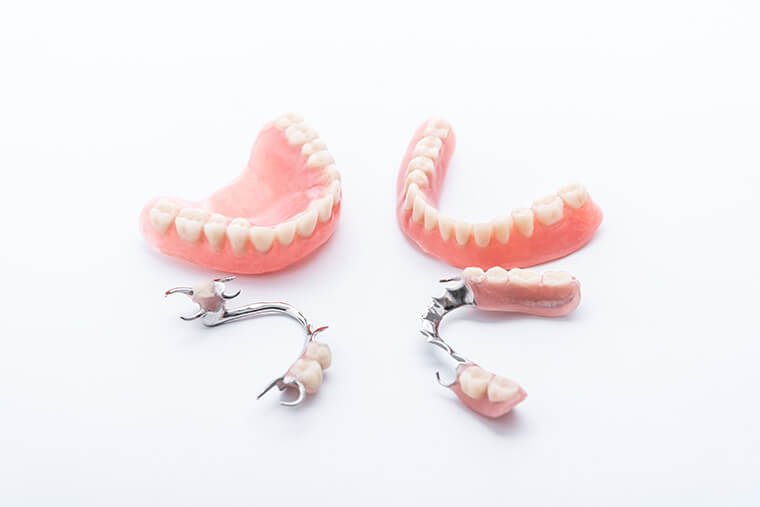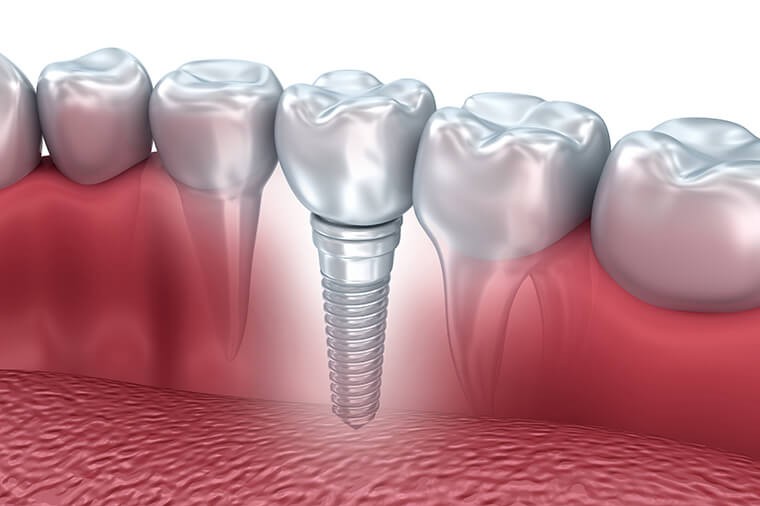
Dental implants and dentures are two standard options for people who have missing teeth. Both options can improve oral health and restore your smile, but they have different success rates and benefits.
Have you ever wondered which option has a higher success rate or provides more benefits?
Look no further!
In this article, we'll explore the advantages and drawbacks of each to help you make an informed decision about your tooth replacement options.
We’ll examine the two most common options, single-tooth and fixed partial dentures. The success rate of single-tooth implants is generally higher than that of alternative treatments like fixed partial dentures (FPDs) or traditional dental bridges.
Single Tooth Implants
Dental implants are considered the gold standard for tooth replacement due to their durability, functionality, and biocompatibility, which means they won't harm your natural tissue.
According to various studies, the success rate of single-tooth implants ranges between 95% and 98% over ten years.
This high success rate is attributed to implants being made from biocompatible materials like titanium, which allow them to integrate with the jawbone through osseointegration.
Dental implants help preserve bone structure and prevent further bone loss, contributing to long-term success.

Fixed Partial Dentures (FPDs)
On the other hand, fixed partial dentures or traditional dental bridges typically have a lower success rate than dental implants.
The success rate of FPDs varies depending on the study, but it generally ranges between 70% and 90% over ten years.
One of the main reasons for the lower success rate is that FPDs rely on adjacent teeth for support.
These teeth need to be prepared and reduced in size, making them more susceptible to decay, fracture, or other complications.
Additionally, FPDs do not provide the same level of bone preservation as dental implants, which can result in bone resorption and a higher risk of failure in the long run.
It is important to note that individual success rates can vary depending on factors such as the patient's overall oral health, the expertise of the dental professional, the quality of the materials used, and the patient's adherence to proper oral hygiene and maintenance.
Final thoughts
In conclusion, single-tooth implants generally have a higher success rate than fixed partial dentures or traditional dental bridges. They offer several advantages, including better long-term stability, bone and adjacent teeth preservation, and improved functionality.
However, it's essential to consult with your dentist to determine the best tooth replacement option based on your specific needs and circumstances.
Please make an appointment for a complimentary consultation with our dental experts today!
Seattle Specialty Dentistry Prosthodontics is proud to serve the Seattle area.

